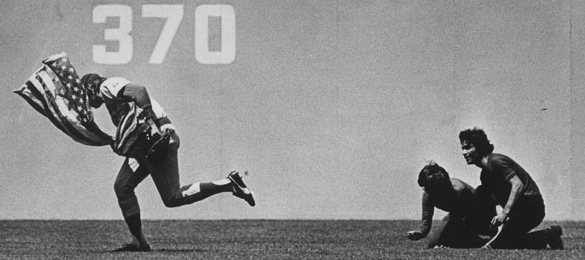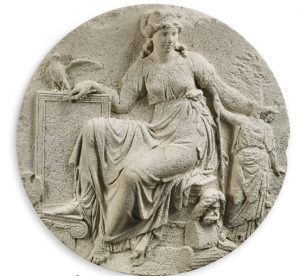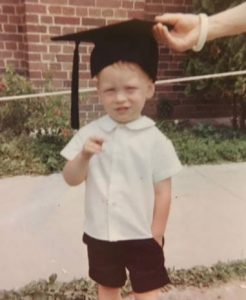Welcome to History Hub, a nonprofit digital textbook with chapters covering 1492-2020, roughly the period on the one-year Cosmic Calendar between 11:59:58 and midnight on December 31st. Those two seconds correspond to 500+ fascinating, tragic, and triumphant years of American history that you must engage to become a serious citizen. They created our present and will influence our future. History provides context, the key to understanding that present. When detectives try to solve crimes, they want context. History sheds essential light on voting, debating, working, consuming, selling, raising families, relating with others, and imagining the future. Without seeing a bigger picture, we can’t understand why things happen or know what to do next any more than we can grasp the plot of a movie from a film still or single scene. This concerns the future, ultimately, not the past. If you’re trying to arrive at an intelligent opinion as to how a movie’s second half might unfold, would you rather just see the most recent scene or watch the first half? Without history, we’re no better off as a society than a person with amnesia. No therapist starts a session by saying, “I don’t want to know anything about you or what you’ve experienced.” Virtually everything is historically contingent and nothing about the present was inevitable. STEM classes are great and we heartily endorse them, but studying history is the only real way to recognize patterns and get the requisite perspective to wrap your head around events as you’re careening through the tumultuous present like a raft on whitewater rapids. College is about more than just vocational training. Dare to get smarter while you’re in college earning credentials, and don’t assume that you already know everything. Cultivate curiosity. Study the world around you and hold your own in conversations about how we can draw on lessons from the past to navigate the future. Employers report that, while they appreciate practical training, they also want graduates who can think and write. We’ll do both in this course. We’ll consider all the 5 W’s (who, what, when, where, and why), but we’re most concerned with the last: why — moving beyond facts to interpretation and critical thinking, considering: context, evidence, alternative explanations, and implications. If you nurture this type of analytical thinking, it will help you generally, long after you’ve forgotten historical facts. The History Hub textbook chapters present an unvarnished look at American history and analyze interpretive controversies. They support 1301 & 1302 survey courses at Austin Community College and guidelines of the Texas Higher Education Coordinating Board and American Historical Association discipline core. Also on tap are free lectures, maps, videos, podcasts, newspaper archives, timelines, Census stats, and sites where top thinkers write and argue about the past.
Grade Level: Lower-Division College
PDF Chapter Back-Ups in Blackboard Are Available in Audio (MP3) & Braille ASCII (BRF)
System Requirements:
Minimum: 2GB Memory, Broadband Connection, Browser, Anti-Virus Software, Speaker Recommended

History Hub (2012-) by Cameron Addis is licensed under a Creative Commons Attribution-NonCommercial-NoDerivs 3.0 Unported License.
All chapter images are public domain. They are intended for educational use only. History Hub meets WCAG Guidelines.
Main Menu


